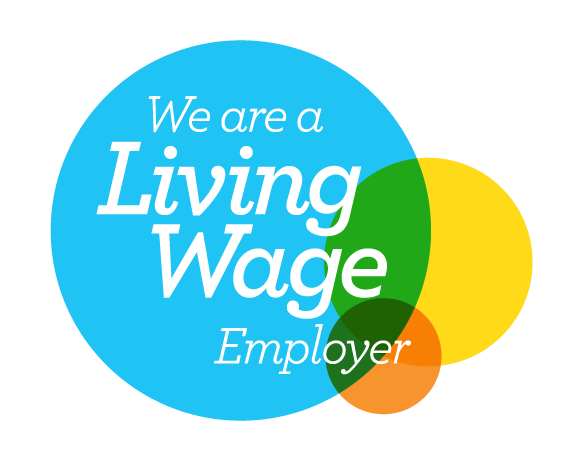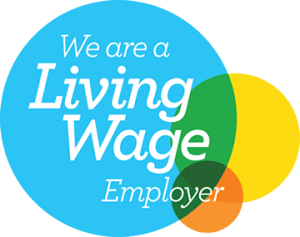Water Saving Week: Preparing for Change in the Water Industry
As we mark Water Saving Week, it's an ideal moment to reflect on the evolution of the water industry — and the challenges that lie ahead. Since the sector's privatisation in 1989, the industry has undergone significant transformation, with 7 major
wholesalers now responsible for water supply and wastewater services across the UK.

The Journey So Far: From Fragmentation to Consolidation
Historically, businesses operating across multiple regions faced logistical challenges due to fragmented wholesale structures. They often needed to deal with several suppliers—and in some cases, dual suppliers—on a single site. This changed with the deregulation of the Scottish water market in 2008, followed by England’s deregulation in 2017, which allowed businesses to consolidate their services under a single retailer. This shift has delivered greater efficiency, transparency, and competitiveness in the marketplace.
Looking Ahead: Rising Costs and Investment in Infrastructure
In December last year, the regulator Ofwat published its final determinations for the 2024 Price Review (PR24), setting price controls for 2025–2030. From April 1, 2025, businesses can expect significant increases in water charges — driven by a record-breaking £104 billion investment plan, the largest in the sector’s history. This funding is aimed at improving water quality, reducing pollution, and building long-term resilience in the face of climate change.
Take Control: Invest in Monitoring and Water Procurement
With these changes on the horizon, gaining visibility and control over water usage has never been more important. Businesses should focus on:
Increasing meter read frequency:
More frequent readings provide better insight into consumption patterns and can highlight irregularities or leaks.
Installing AMR (Automatic Meter Reading) technology:
Real-time data monitoring helps detect leaks early and prevents unnecessary water loss.
Exploring water procurement opportunities:
Partnering with the right supplier can unlock cost savings, improve billing transparency, and streamline portfolio management across multiple sites.
How we can help
To prepare for rising costs and boost efficiency, businesses should consider:
Procurement support – Secure competitive rates and avoid costly out-of-contract tariffs.
Cost recovery services– Identify and recover billing errors or historical overcharges.
Water audits and bill validation – Gain a clearer understanding of usage patterns and uncover savings opportunities.
By investing in efficient monitoring and optimising procurement strategies, businesses can reduce waste, enhance sustainability, and manage budgets more effectively.
As we embrace Water Saving Week, let’s make every drop count. From real-time monitoring to smart procurement, there are many ways to take control — of your budget, your operations, and the environment.
If you’d like expert advice on building an effective water strategy, our team is here to help.

Article by Justina Sarkanaite
Water Procurement Specialist
Justina Sarkanaite has specialised in the water industry since English deregulation in 2017, with expertise in procurement for multi-site retailers, manufacturing, and commercial real estate sectors.
She specialises in helping clients navigate the complexities of water deregulation, ensuring they maximise cost savings while improving supplier quality, billing accuracy, and service reliability. Passionate about water conservation, Justina advocates for sustainable solutions such as Automated Meter Readers (AMRs) to enhance efficiency and long-term resource management.
BOOK YOUR 30-MINUTE ENERGY MANAGEMENT CONSULTATION
Fill in your details below to arrange a complimentary consultation with one of our experts. They will give you bespoke advice to help your business achieve all its energy needs, reducing cost, consumption and carbon.









